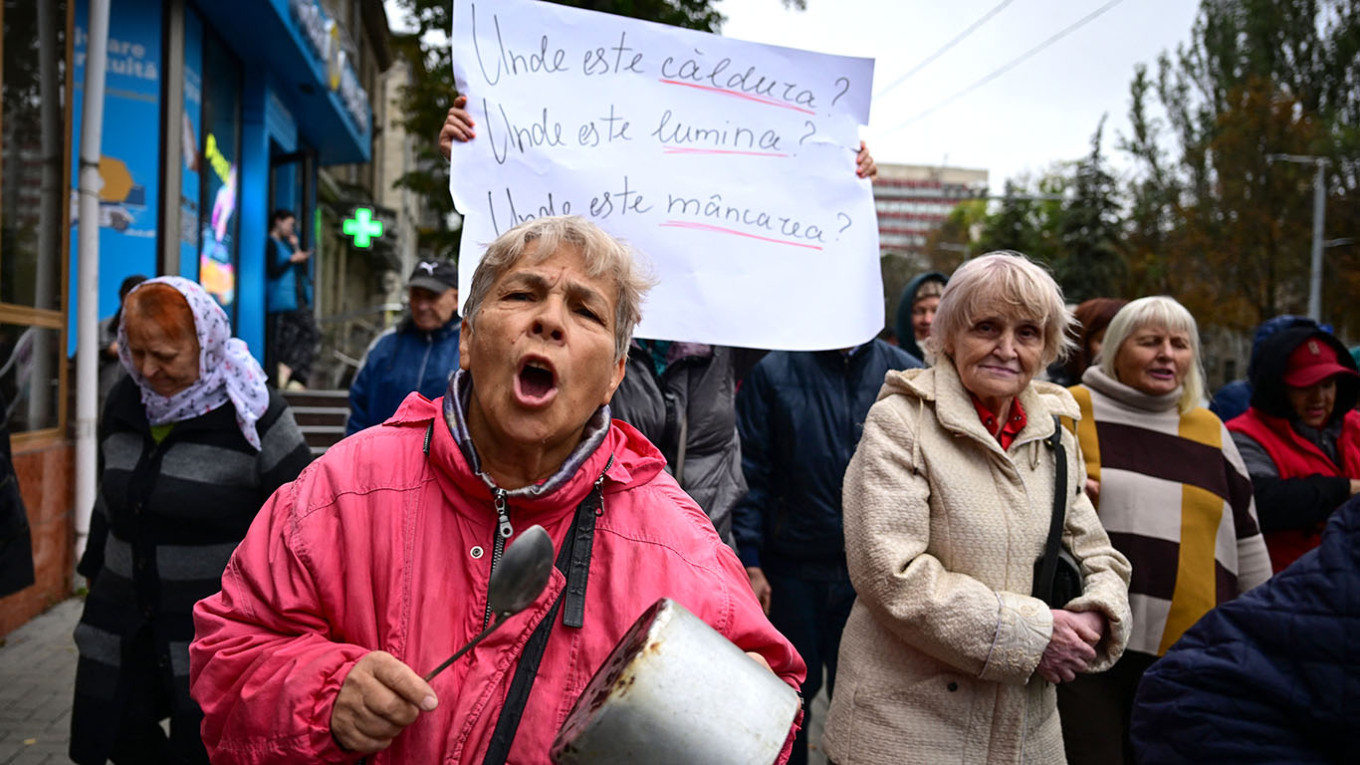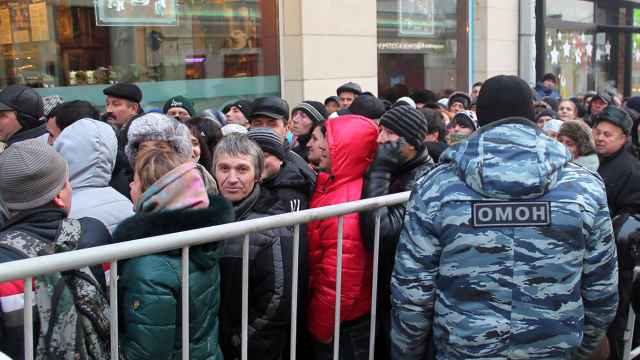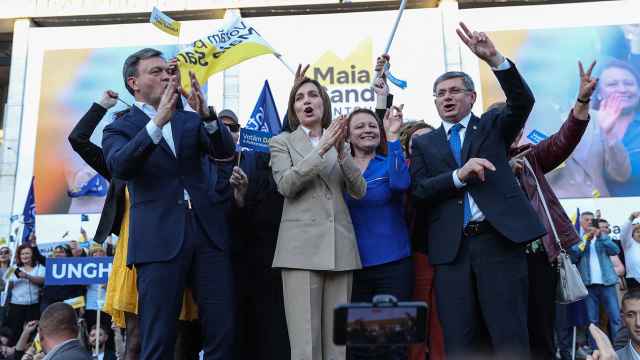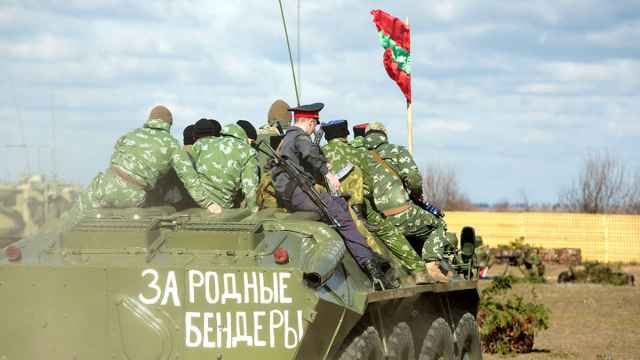The Kremlin said Monday it “categorically rejects” accusations from authorities in Moldova that it is interfering in the country’s upcoming presidential election and a referendum on joining the European Union.
“There are still many people in Moldova who support having good relations with our country,” Kremlin spokesman Dmitry Peskov told reporters.
“These people are being denied the right to have their own political representation, the media is restricted from covering the electoral process and politicians are barred from expressing support for having relations [with Russia],” Peskov added.
Voters in Moldova will head to the polls on Sunday to choose the country’s next president. The candidates include pro-EU incumbent President Maia Sandu, former prosecutor Alexandr Stoianoglo — who is backed by the pro-Russia Socialist Party — and nine other contenders.
On the same day, a referendum will ask voters whether Moldova’s constitution should be amended to make joining the EU an official aspiration of the country, similar to changes made to Georgia’s constitution in 2017.
Earlier this month, Moldovan police said they had uncovered a large vote-buying scheme involving $15 million allegedly funneled from Russia by individuals linked to fugitive businessman and former politician Ilan Shor.
Shor, who currently lives in Russia and was convicted of fraud in absentia last year, claimed the payments were legal and accused Moldovan authorities of turning the country into a “police state.”
In response to the alleged Russian interference, the European Union approved sanctions on five individuals and one entity ahead of Moldova’s elections.
A former Soviet republic, Moldova has for decades been divided between forging closer ties with the European Union and maintaining amicable relations with Moscow.
Sandu, who defeated former president Igor Dodon in 2020, initially promised to balance relations between the West and Russia. However, ties with Moscow have worsened since the full-scale invasion of Ukraine, with Sandu accusing the Kremlin of meddling in Moldovan politics.
The EU, which granted Moldova candidate status in June 2022, last week announced a record 1.8 billion euros ($2 billion) in financial support for the country.
A Message from The Moscow Times:
Dear readers,
We are facing unprecedented challenges. Russia's Prosecutor General's Office has designated The Moscow Times as an "undesirable" organization, criminalizing our work and putting our staff at risk of prosecution. This follows our earlier unjust labeling as a "foreign agent."
These actions are direct attempts to silence independent journalism in Russia. The authorities claim our work "discredits the decisions of the Russian leadership." We see things differently: we strive to provide accurate, unbiased reporting on Russia.
We, the journalists of The Moscow Times, refuse to be silenced. But to continue our work, we need your help.
Your support, no matter how small, makes a world of difference. If you can, please support us monthly starting from just $2. It's quick to set up, and every contribution makes a significant impact.
By supporting The Moscow Times, you're defending open, independent journalism in the face of repression. Thank you for standing with us.
Remind me later.






